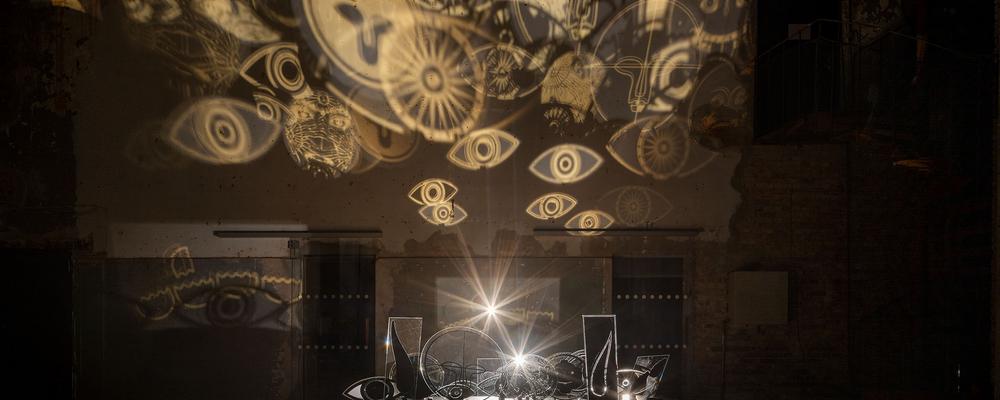
MIL at GU
Do you carry out research and education in the field of media and information literacy (MIL)? The field is a university-wide concern and a priority area in GU's operational plan. The MIL Collaboration Group at GU takes on a unified approach to MIL-related activities at the University of Gothenburg.
A democratic society, based on well-informed citizens, requires an informed and reflective approach to the media. The need for media and information literacy has become more acute with the rise of digitalisation. New insights and skills are needed to understand the implications of technological developments for both individuals and different groups in society.
Understanding how the media convey information and how this affects democratic processes is essential for media literacy. We therefore need to be able to evaluate media texts and sources of information in a critical and analytical manner. In addition, it is important that we can use different types of media to express ourselves and thereby actively participate in the digital society. It is therefore necessary to continually test our ability to be critically asses sources, as well as to reflect on the ethical and legal framework of our use of media. We have the right to express our opinions, but do we take enough responsibility for our online activities? Are we able to understand and value the data visualised in a graph? How is our understanding of society affected if certain parameters are left out of the rhetoric of politicians - when the media does not highlight this discrepancy? If an algorithm chooses what we listen to, read or watch, then how active are we? MIL raises the need for lifelong learning that requires us to constantly update our knowledge.
At the university, MIL is present in many different areas, both in education and in research. It is particularly an important issue for teacher education. MIL is concerned both with understanding and expressing oneself through visual media as well as being able to read and formulate oneself in writing. We need knowledge of how digital technology operates, but also an understanding of the media's cultural significance for different groups from a historical perspective.
Increasing media and information literacy in today's society requires a collaborative approach to the development of knowledge in the field between different faculties and disciplines. Please contact us if you want to contribute to increased MIK at GU!

